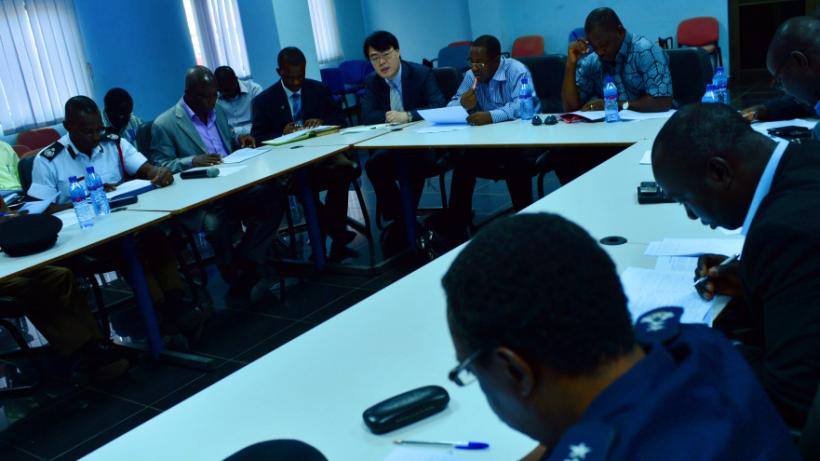
Entrepreneurial solutions for African development
Across Africa, entrepreneurs are starting every size, and every type, of business. Many countries have resounding declarations about entrepreneurial culture, and want the solutions to poverty and unemployment to be entrepreneurial, but what does this mean in practice? What are the challenges for African entrepreneurs? And what steps – large and small – need to be taken to ensure that people starting their own businesses have the best possible chance of success?
Across Africa, entrepreneurs are starting every size, and every type, of business. Many countries have resounding declarations about entrepreneurial culture, and want the solutions to poverty and unemployment to be entrepreneurial, but what does this mean in practice? What are the challenges for African entrepreneurs? And what steps – large and small – need to be taken to ensure that people starting their own businesses have the best possible chance of success?
Africa has experienced perhaps its longest growth spell over the last decade averaging 5% per annum. That growth, however, has not fully gotten rid of the challenges that the continent still faces. The growth has not been inclusive.
Challenges and opportunities
Africa faces many challenges, but these challenges also present huge opportunities for entrepreneurial investors.
Africa's development challenges include the continents infrastructure deficit which is of the order of $50 billion per annum and currently goes unfunded. The infrastructure deficit is holding back Africa's growth by about 2.5% of GDP growth.
Power cuts and bad roads are raising the costs of doing business and impacting productivity. Africa's big cities are crowded with traffic due to poor and inadequate roads. Financial inclusion is yet another development challenge for the continent, which sees most Africans not having access to basic banking services.
Africa expects to increase its population by another 1 billion people in the next 50 years. This could turn out to be a demographic dividend or nightmare depending on how it is handled. The young population needs to be educated in ways in which they can be made more job-ready, and be more enterprising. Delivering health services is already a challenge with the existing population size, and can only become more difficult with a doubling population. Imagine and Ebola outbreak with double the population. Or a stubborn HIV pandemic with double the number of infections.
Looking at the environment, Africa faces challenges with desertification. Lake Chad in Central Africa has almost disappeared within the last 20 years due to environmental pressures.
The future of Africa and the global opportunities this brings
Entrepreneurs are thinking of ways to introduce cable cars in some cities to ease the congestion in the cities. Cable cars in the cities of Lagos, Cairo, or Nairobi would revolutionise travel and reduce traffic congestion through this greener transport system. No additional land is really required. Such solutions require public-private-partnership arrangements to make them happen.
Africa also faces the issue of inadequate financial inclusion with a large population not having access to banking services and general financial services. Reaching the under-banked requires the use of mobile-telephony technology as a banking platform for banking services. The success of M-Pesa, a mobile-phone based money transfer and microfinancing service invented a Kenya and now spreading across Africa, shows how entrepreneurship can be a catalyst for solutions to development challenges.
Entrepreneurship in Africa
The growth Mobile telephony has opened up many more entrepreneurial solutions in service delivery.
For example, the use of iBeacon technology, a new class of low-powered, low-cost near-field communication technology, can help reduce teacher-absenteeism in schools. The process involves, putting beacons in the schools. Teacher proximity with teaching facilities is then tracked via their mobile phones.
Mobile telephony in Africa could thus become a powerful platform for delivering education programs to this region’s growing population. Various initiatives are already being tried and tested. Indeed, the delivery of open-access Moocs (Massive open online course) via computers to existing students in institutions of higher learning in Africa is raising the quality if subject content being taught.
Information on health and disease outbreaks and patterns is being delivered to central control centres from remote areas through mobile telephony. This is part of e-government solutions that enhance service delivery and information gathering.
Finally, governments can only create few jobs, but they enable more job creation in the private sector. Africa's growing population means more jobs need to be created by a private sector driven by entrepreneurs. Entrepreneurship will ensure, in part, the realisation of the demographic dividend for Africa.

